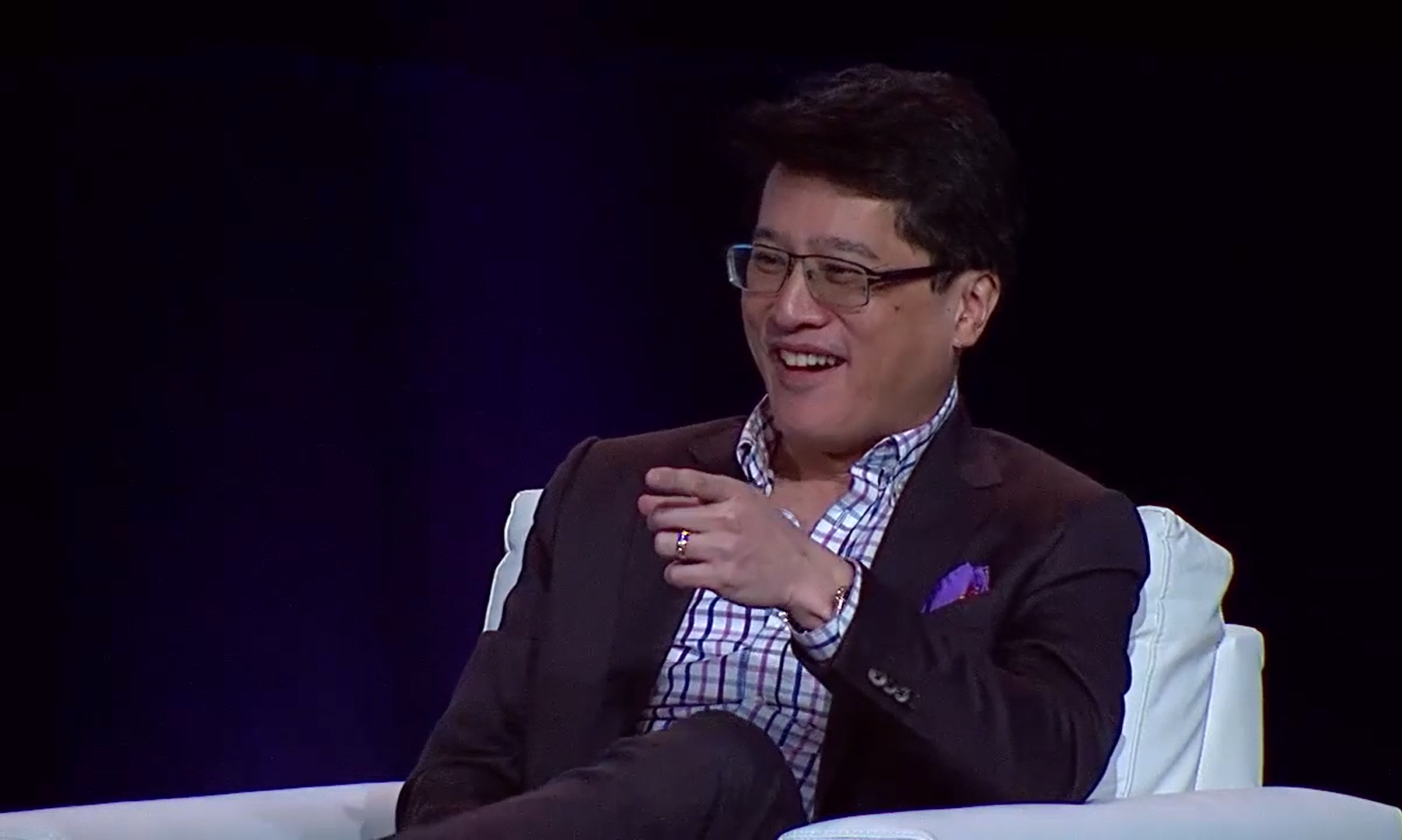Last month I was bit dismayed to see that one of the great tennis players of all time, Bjorn Borg, was putting up his Wimbledon trophies up for sale to help with financial security for those close to him. Bless Bjorn and his family, but the news was a bit sad for me.
When I was growing up playing tennis, I identified more with John McEnroe, who was a lefty, serve-and-volley type, and phenomenally natural player (true McEnroe had a temper on the court). Borg, on the other hand, was a baseline player, more of a machine and a model of physical perfection, disciplined, and gentleman-like. Borg played with an exaggerated Western grip which facilitated huge, looping forehand swings, and topspin shots that were out of this world.
One of my first tennis racquets was a Bjorn Borg Bancroft racquet. I got it as a reward for selling probably hundreds of candy bars in the Little League. OK – I didn’t personally sell more than two of those hundreds of candy bars. My parents and my brother were the salespeople that should be credited for the sales. My brother, who has always been a genuine, people person, was eager to bring happiness to others door-to-door in the form of chocolates and his bright smile.
Prior to working directly in new sales (not existing clients) for a startup, I had a total aversion to salespeople. Salespeople were a bunch of scum suckers, slimeballs, and shysters looking to rip off innocent people. But working in a startup forced me to understand more about the craft, process mechanics, compensation structure and legal docs, management and measurement techniques, and styles of salespeople from a hands-on point of view. In short, I developed a deep appreciation for sales, and I came up with my own style of sales. I basically develop a sales style that is oriented towards helping other people first and then allowing sales to stem naturally from that (as opposed to forcing things unnaturally).
Digressing a bit, at Chicago’s b-school (before my sales experiences), I took a new business venture course from a visiting Harvard b-school professor. The Harvard professor taught the class with an heavy emphasis on the entrepreneur having strong sales qualities. I found this to be in stark contrast to the entrepreneurial finance course that I took from a Chicago professor which emphasized a more holistic look at a venture in its approach.
I never really appreciated the importance of deeply understanding sales until somewhat longer into my professional career. Now I live, breathe, and appreciate sales in all of my jobs, even when sales are not my responsibility. Cutting one’s teeth in sales has been one of my best professional experiences, and I would especially encourage those seeking entrepreneurial endeavors to try out the profession/functional role at least once. If you can get in a situation where you must both source and close the deals, that’s an ideal opportunity to pursue. Not only does understanding sales help one appreciate the "cash is king" mantra in a venture but also it helps one to understand other people better.

steve,
great entry. the ability to sell cannot be overemphasized!
Many people make transition from employee to entrepreneur every year. Most of them fail because they are not ready to change. It is on a different league when you are working and starting your own business. I have noticed several important point you have to consider before becoming an entrepreneur.